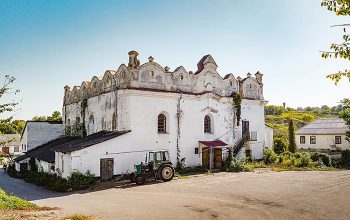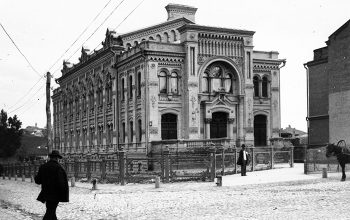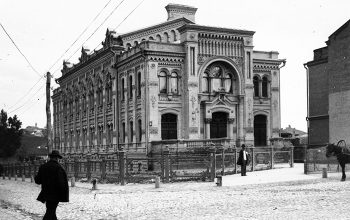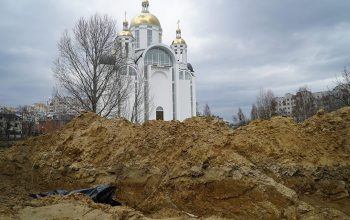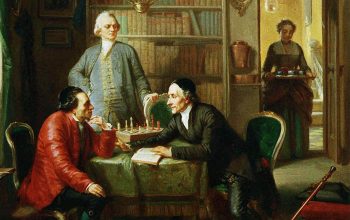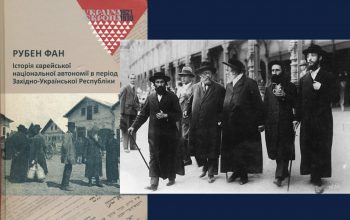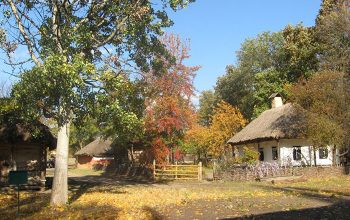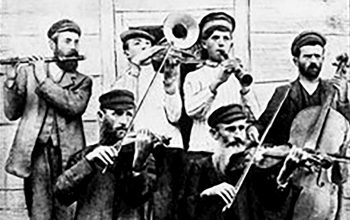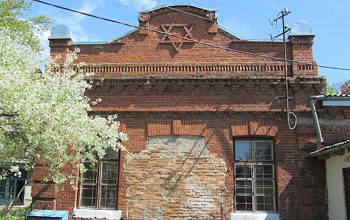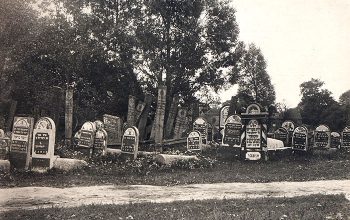How and when did the first synagogues appear in Ukraine, and why is this an important aspect of Ukrainian history (Pt. 1)
[Editor's note: Russia's unprovoked and criminal war against Ukraine suspended the regular work of many organizations, reorienting their efforts. So it is with the Ukrainian Jewish Encounter. In the coming weeks, we will run interviews...

